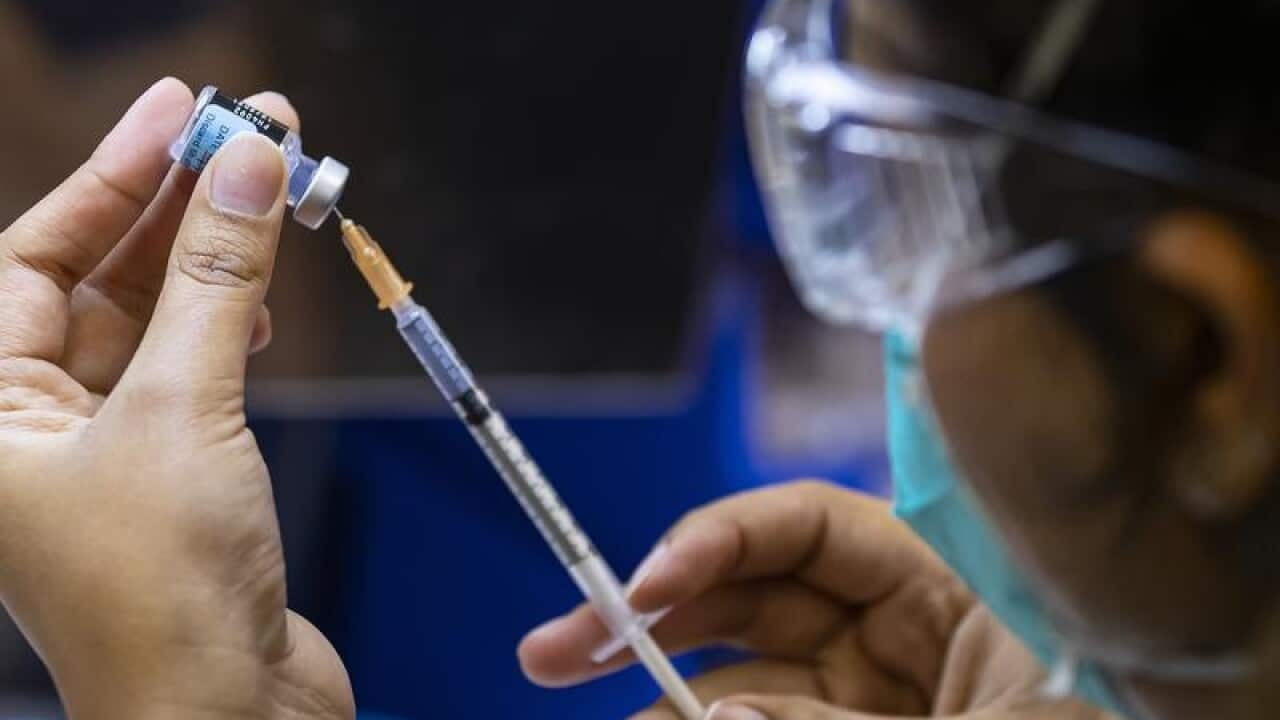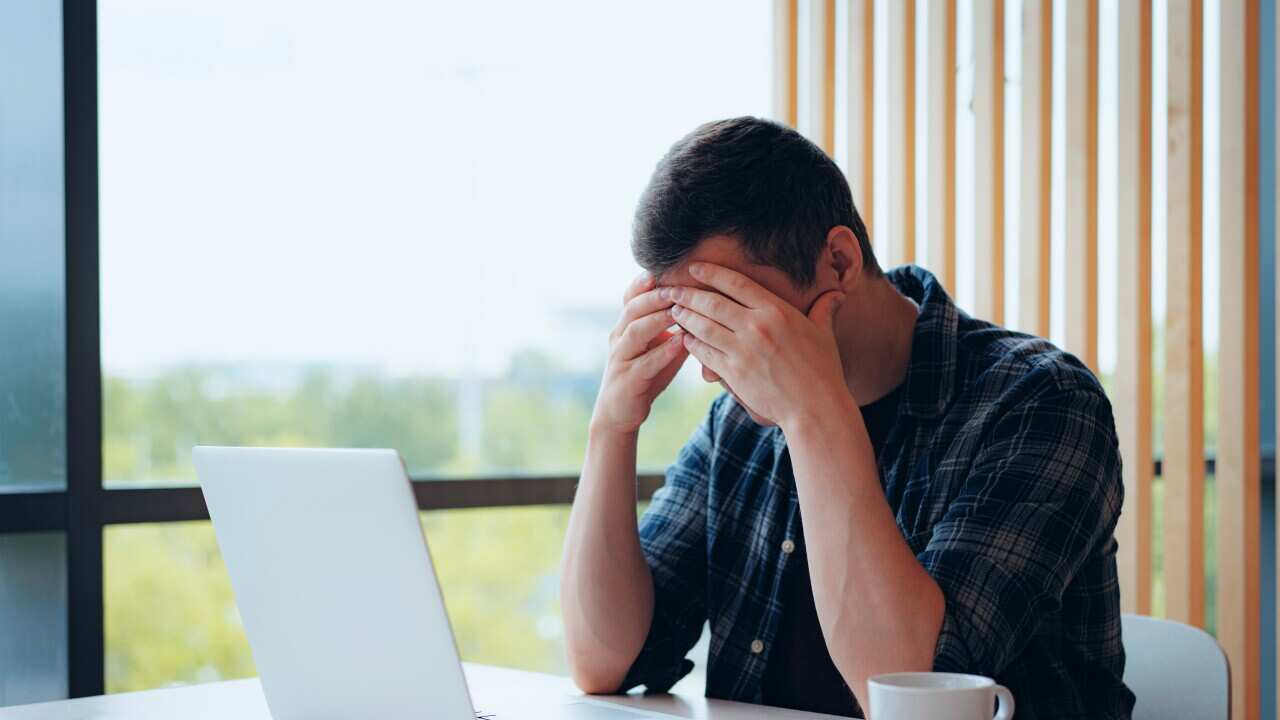Australia has reached a significant milestone, with 70 per cent of people aged 16 fully vaccinated protected as a booster rollout draws closer.
Even as the nation achieved the vaccination milestone, Mr Hunt said work remains to close the gap between the vaccination rates in Indigenous communities and the wider population.
"It is about take-up, confidence, hesitance - and in some cases resistance," he said.
"Now we are engaged in the community working with people, and in some cases, house-to-house."
Health Minister Greg Hunt said he would have a critical meeting about booster shots on Monday.
"We're ready, we're in a position to commence and to make sure that additional protection is provided," he told reporters in Canberra on Wednesday.
Aged care residents are expected to start receiving third jabs from the second week of November if the medicines regulator and expert immunisation panel approves the move.
The Therapeutic Goods Administration and Australian Technical Advisory Group on Immunisation are weighing up advice to government on extending the booster shots to the wider population.
Mr Hunt expects the booster program for the wider population to start this year.
Chief Health Officer Paul Kelly said older people and aged care residents who were initial rollout priorities could be the first recipients.
"They will be the first in line because they are now six or more months after that second dose," he said.
"It's likely they will be the first ones to get it but let's see what ATAGI comes back with."
Professor Kelly met with ATAGI on Tuesday when evidence from booster programs around the world was considered.
"We are able to look at the data that had come out from Israel," he said.
"It very much confirms this is safe, it is effective in all age groups for both decreasing infection as well as severe disease and, for the older age groups, prevention of death."
About 500,000 people with severely compromised immune systems are already
eligible for a third shot.
More than 85 per cent of Australians aged 16 and over have received at least one jab and 70 per cent two doses.
Australian Medical Association Victorian president Roderick McRae urged the expert immunisation panel to approve third jabs.
"The vaccine status of those healthcare workers in particular who have had those two booster doses, their protection against COVID-19 is waning," he said.
"They should be looking after healthcare workers to ensure that they're as protected as they possibly can be as they have made the decision to open up the community."
But infectious disease expert Robert Booy said the focus should be on ensuring immunocompromised people were given another dose before Christmas.
Professor Booy said immunity was started to wane but evidence from overseas - where vaccination rollouts started up to three months ahead of Australia - showed protection remained.
"If you're a standard, run of the mill person who is reasonably healthy you retain immunity - and that's after six to 12 months," he said.
He said immunising Pacific neighbours including Papua New Guinea was a more pressing priority than third jabs for health workers in Australia with concerns the virus could mutate in poorer countries.











